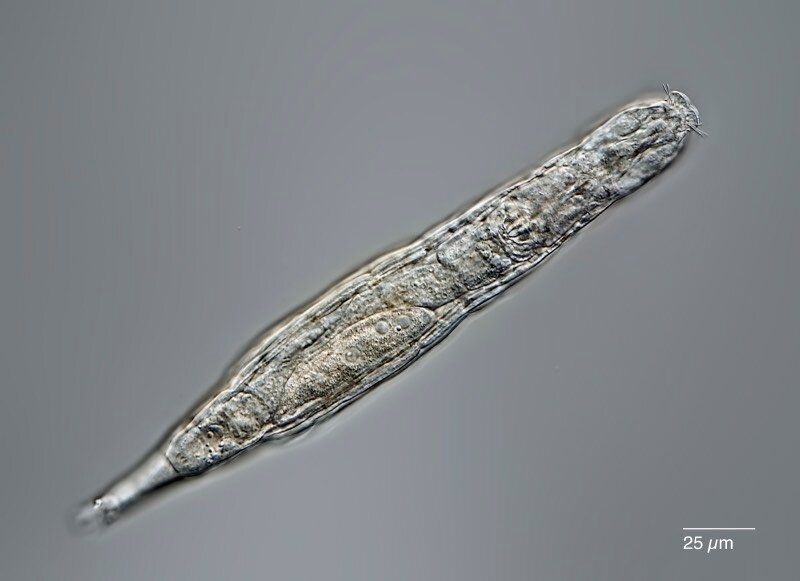Bdelloid rotifers are multicellular animals so small you need a microscope to see them. Despite their size, they’re known for being tough, capable of surviving through drying, freezing, starvation, and low oxygen. Now, researchers reporting in the journal Current Biology on June 7 have found that not only can they withstand being frozen, but they can also persist for at least 24000 years in the Siberian permafrost and survive.
“Our report is the hardest proof as of today that multicellular animals could withstand tens of thousands of years in cryptobiosis, the state of almost completely arrested metabolism,” says Stas Malavin of the Soil Cryology Laboratory at the Institute of Physicochemical and Biological Problems in Soil Science in Pushchino, Russia.
The Soil Cryology Lab specializes in isolating microscopic organisms from the ancient permafrost in Siberia. To collect samples, they use a drilling rig in some of the most remote Arctic locations.
